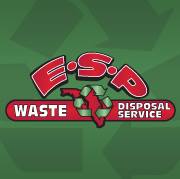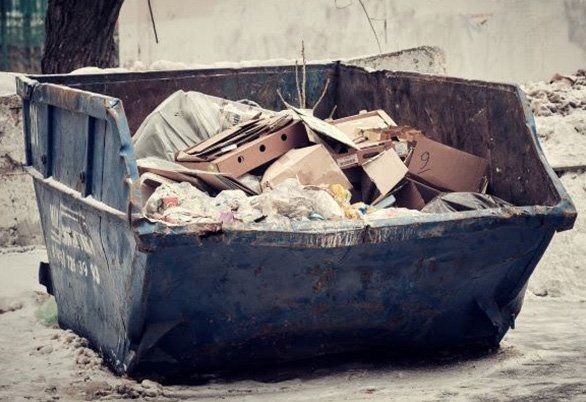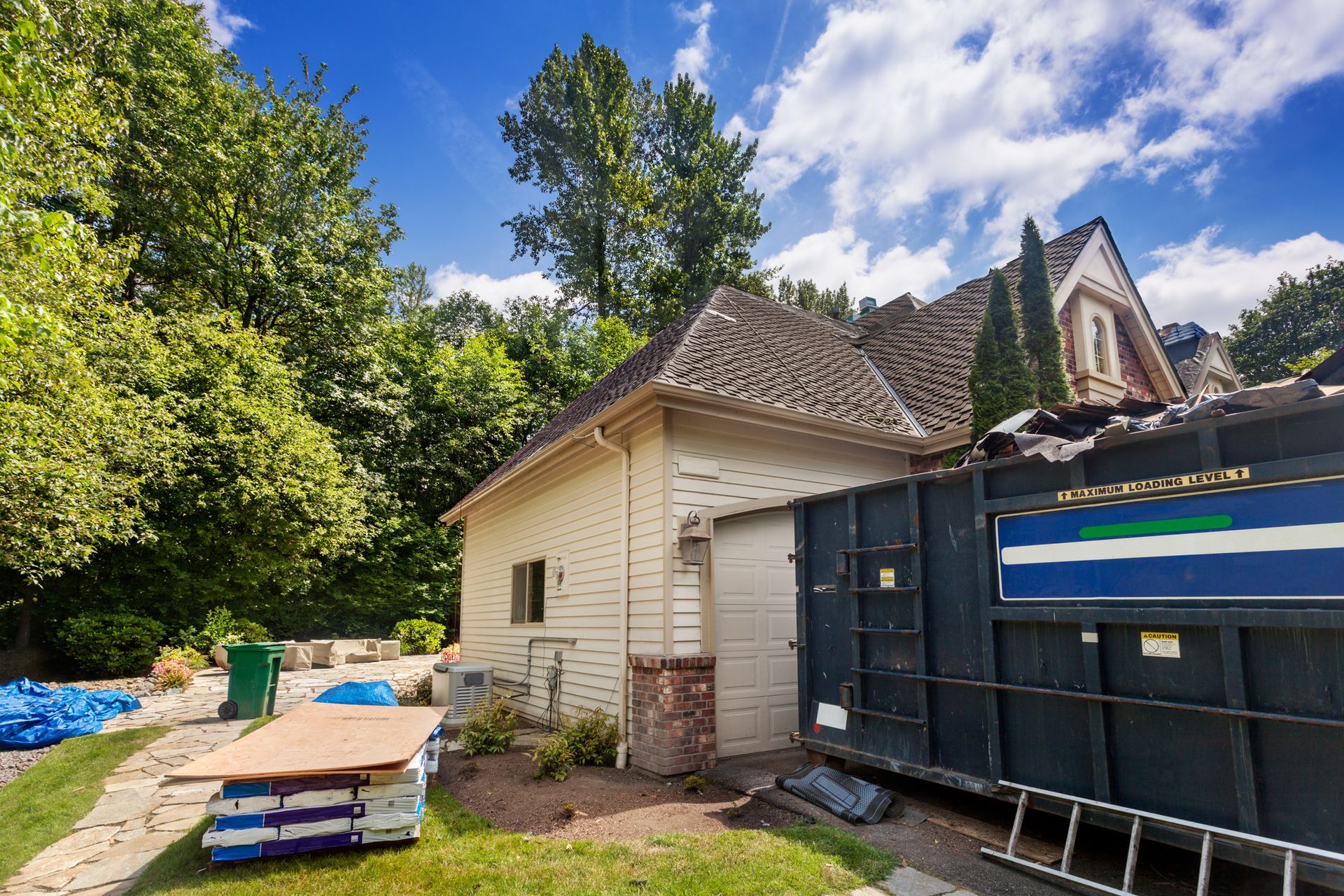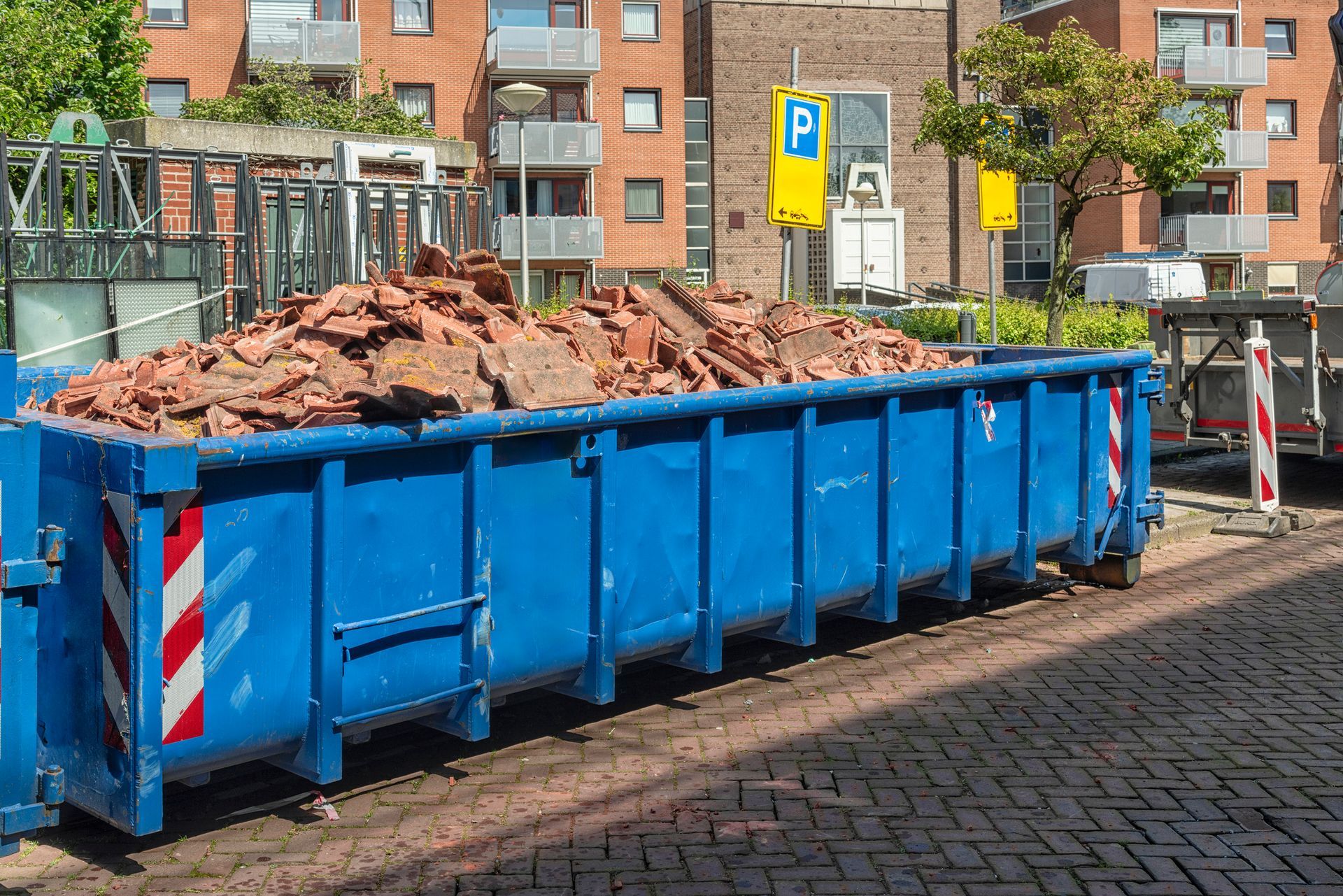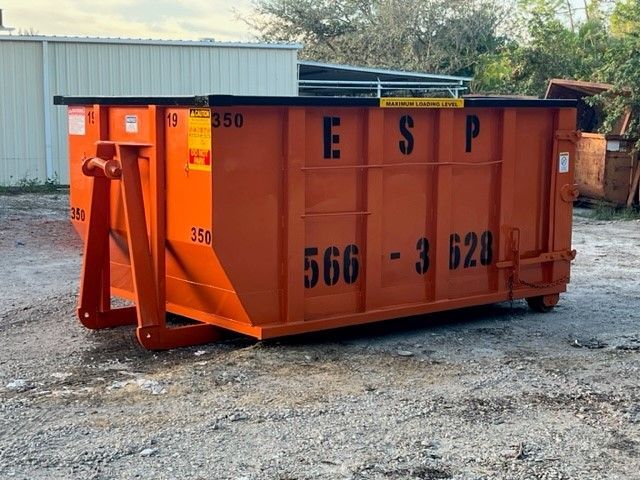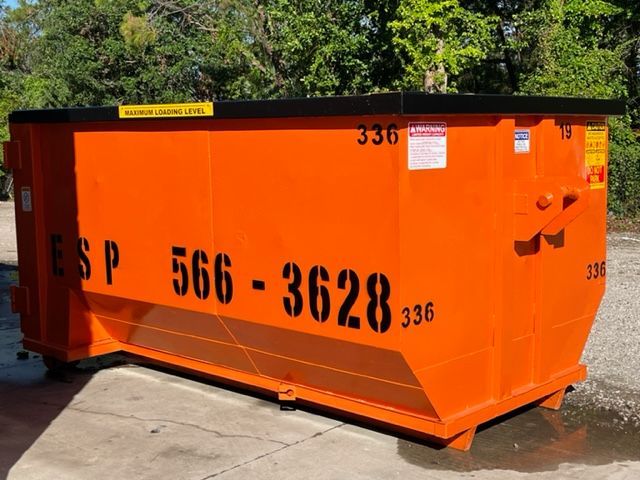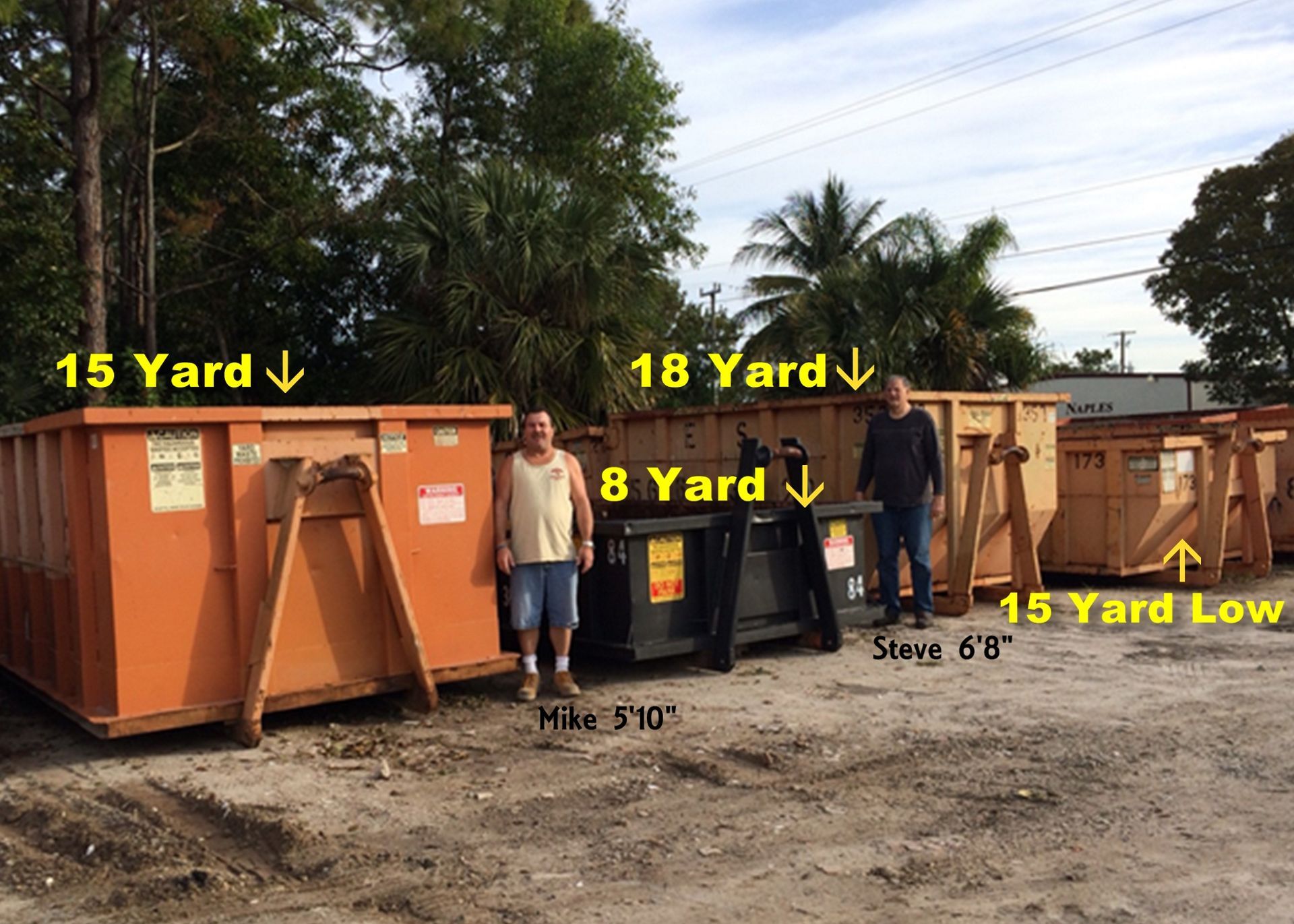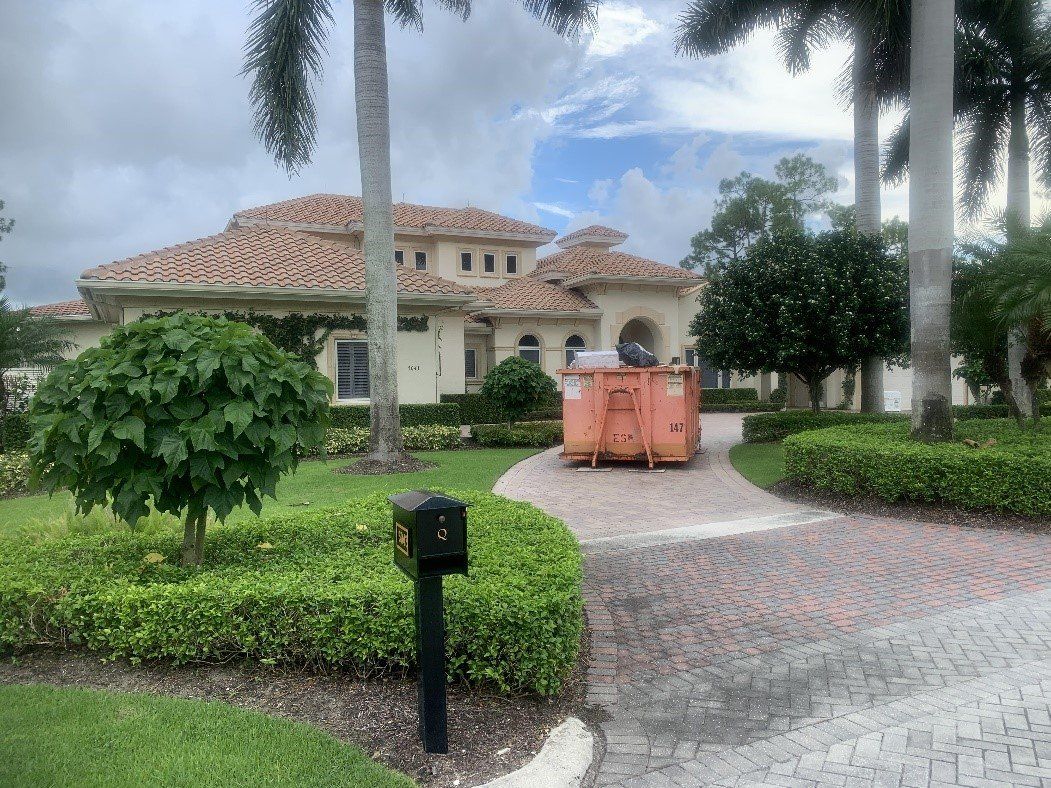Heavy Construction Debris: 3 Things to Know for Disposal
Admin • December 5, 2019
Any major construction, demolition, or remodeling project can generate a large amount of waste. Homeowners typically don't have a lot of experience handling construction waste, so disposing of the debris from your project can be a challenge.
A dumpster rental can provide you with access to a safe and reliable trash receptacle for construction waste. Not all dumpsters are created equal, so you need to be sure you are investing in a dumpster that is suited to the type of waste that you need to dispose of.
Heavy construction debris can be among the most challenging to get rid of. Read on to learn more about the proper disposal of heavy construction debris so that you can manage your construction waste more effectively in the future.
1. Heavy Construction Debris Defined
In order to manage heavy construction debris properly, you need to be able to separate this type of debris from the other construction waste that your project generates.
Items that are significantly heavier than traditional construction materials are classified as heavy debris. These items can include slabs of concrete, bricks, and metal framing materials.
Your dumpster needs to be structurally strong enough to support the weight of heavy debris when filled to capacity. Many dumpster rental companies offer access to heavy-duty dumpsters that are designed specifically to house heavy debris in preparation for proper disposal.
2. Hazardous Construction Materials
Another important consideration when completing any construction, remodel, or demolition project is whether or not your construction waste could be considered hazardous. Heavy construction debris can be contaminated with lead, asbestos, or silica-infused materials that pose a threat to public safety.
You will need to work with a specialized dumpster rental company to ensure you have access to a receptacle that is capable of handling hazardous materials. The dumpster will need to be secure and you will need to completely separate any contaminated materials from the rest of your construction debris for proper disposal.
A waste management company can help you find a facility that specializes in the destruction and disposal of hazardous materials so that you can get rid of your contaminated heavy construction debris with ease.
3. Recycling Heavy Construction Waste
Any heavy construction waste that is not contaminated can be recycled. Recycling construction waste is a great way to reduce your operating costs and help lower the cost of producing construction materials in the future. You should work with your dumpster rental company to identify local recycling centers that handle heavy construction waste.
Many recycling centers will have specific guidelines that you will need to follow when collecting construction debris in preparation for recycling. One of the most common guidelines is the separation of construction materials by type. Limiting the contents of a dumpster to only a single type of construction waste creates a "clean" dumpster. A "dirty" dumpster is one whose contents are commingled.
You may be able to recycle the waste inside a dirty dumpster, but most recycling centers prefer clean dumpsters instead. The amount of time needed to separate materials in preparation for processing is significantly lower with clean dumpster. This reduces recycling costs and makes reusing heavy construction waste more economical.
It can be cheaper to invest in several dumpsters to handle individual categories of construction waste than it is to attempt to dispose of heavy construction debris in a landfill.
If a major construction project is in your future, you need to establish a plan for handling the heavy construction waste the project will generate. Contact ESP Waste Disposal Service to learn more about using dumpster rentals to properly dispose of heavy construction waste.
